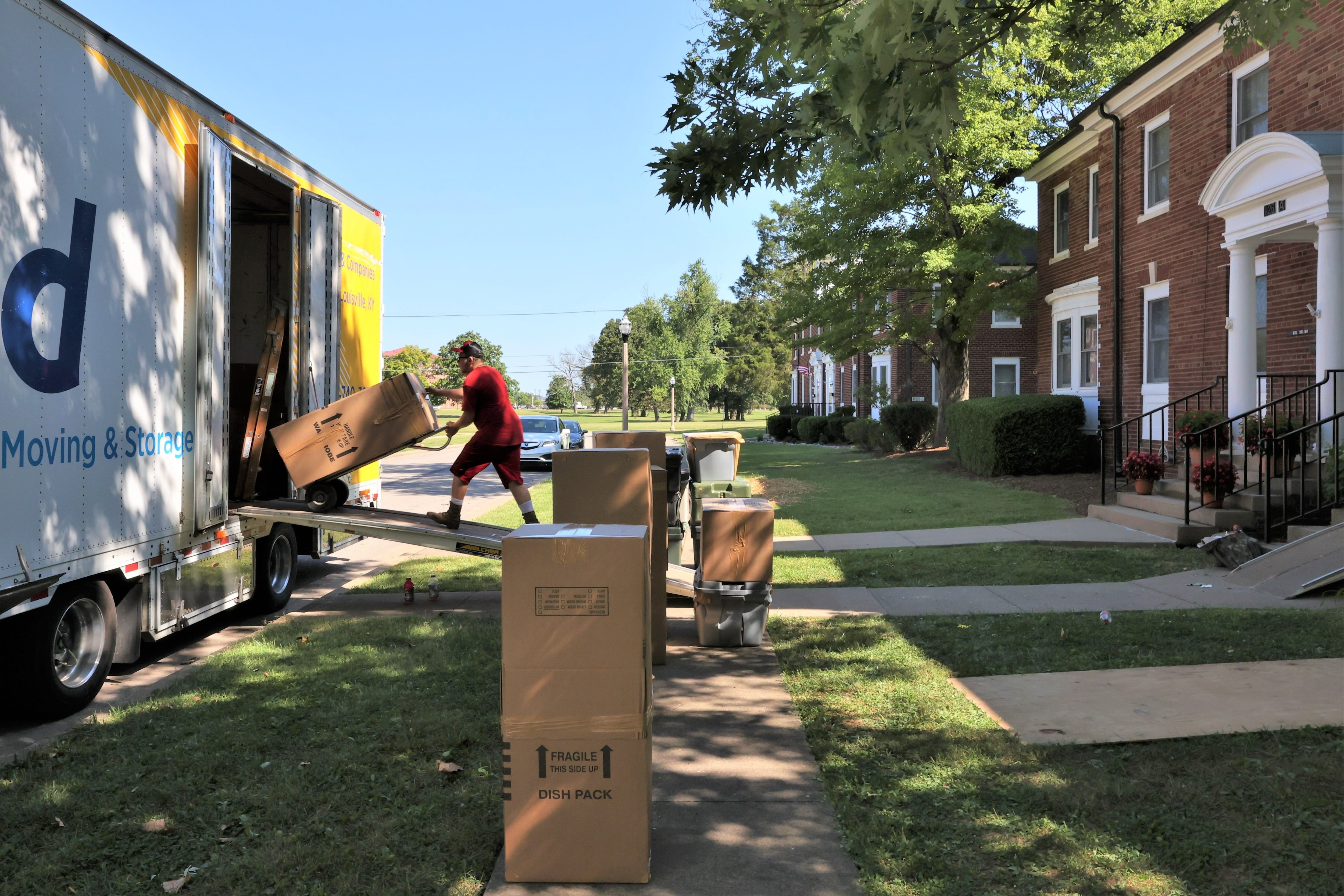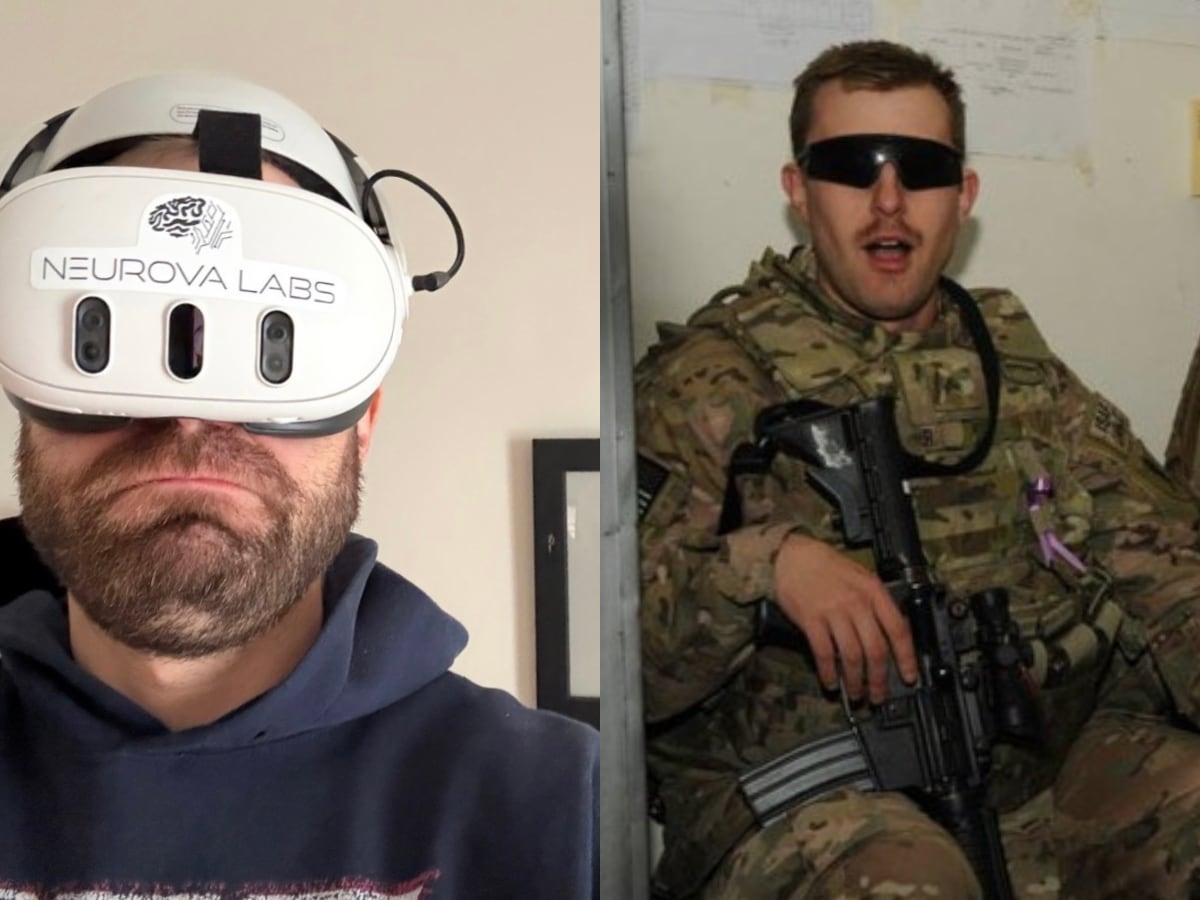The U.S. Navy acknowledged an issue with the performance of radiation health exams and ordered a stand down and audit to remediate the situation, according to a Navy administrative message.
The Aug. 8 order comes after the Bureau of Medicine and Surgery, BUMED, received substantiated allegations of “improper performance and documentation of medical examinations” regarding radiation medical examinations and or special duty examinations on the part of Navy medicine providers.
“In the spirit of Get Real Get Better, and using the principles of a Highly Reliable Organization, we must develop a deeper understanding of the scope of the problem and the drivers behind these behaviors,” the message said.
Get Real Get Better is a Navy initiative that seeks to solve problems through leadership, according to the Navy website.
Navy medical organizations will conduct a stand down, to be completed by Aug. 31, for all undersea medical officers, undersea medical examiners, residents in aerospace medicine, aerospace medicine specialists and submarine independent duty corpsmen.
RELATED

Students enrolled at the Naval Aerospace Medicine Institute or the Naval Undersea Medicine Institute who are candidates for these positions, as well as for radiation health indoctrination students, will also participate in the stand down.
The message reiterated the need to uphold requirements for special duty examinations — diving, nuclear field duty, special operations and submarine — to appropriately qualify personnel for their specific fields. It also emphasized the importance of correctly executing radiation medical examinations to those exposed to radiation through their work.
The command’s privileging authority is in charge of executing the stand down and providing accountability reports, or audits, to BUMED.
Navy medicine commands that conducted examinations for sailors and civilian workers will need to contact those patients about their most recent audit. They will review the examination and documentation to demonstrate whether they met Navy standards.
If a patient can’t recall whether the examination complied with examination standards or if the patient says that an exam failed to meet standards, the patient will be re-examined.
Examinations that were conducted correctly will also be logged during the audit.
The audit will include the number of patients contacted, the number of patients who couldn’t adequately remember their exam; the number of patients who said their exam failed to meet standards; the number of physical radiation medical examinations that needed to be redone; and the number of special duty examinations that needed to be redone.
New radiation medical examinations will be recorded, as well as new special duty examinations to fix improper physical exams for nuclear field duty medical qualifications.
The audit will cite what was redone and whether there is a need for a medical follow-up.
Riley Ceder is a reporter at Military Times, where he covers breaking news, criminal justice, investigations, and cyber. He previously worked as an investigative practicum student at The Washington Post, where he contributed to the Abused by the Badge investigation.









